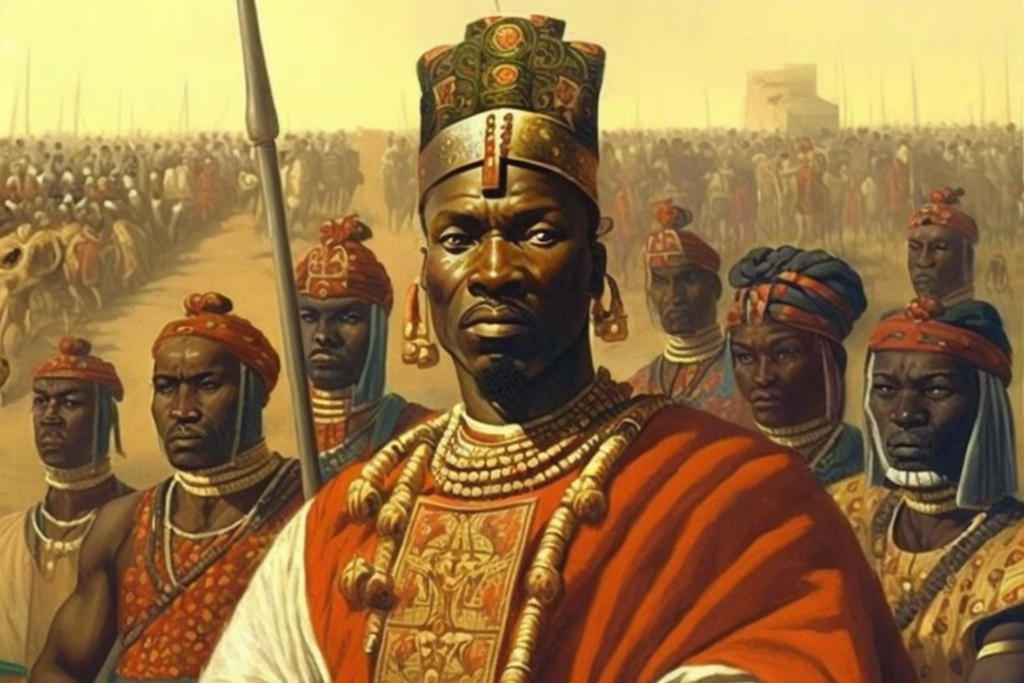The Mande Charter of Kurukan Fuga, also known as the Kurukan Fuga Declaration or the Manden Charter, is a seminal document in West African history that is widely considered as one of the earliest examples of constitutional democracy in the world. This charter was adopted in the 13th century by the Manden people, who were part of the vast and diverse Mande cultural and linguistic group that spanned across modern-day Guinea, Mali, Senegal, The Gambia and Ivory Coast.
The Kurukan Fuga Declaration was established by the Manden emperor, Sundiata Keita, who sought to unite the various clans and tribes that made up his empire under a common set of laws and values. According to oral tradition, Sundiata convened a grand assembly of chiefs, elders, and other dignitaries in the village of Kurukan Fuga, near the present-day border between Guinea and Mali. At this assembly, he presented a series of principles and guidelines that were meant to regulate the conduct of his subjects and promote peace, justice, and prosperity within his realm.
The contents of the Kurukan Fuga Charter were passed down through generations via oral tradition before being written down in the 20th century by the French anthropologist Marcel Griaule, who conducted extensive fieldwork among the Dogon people of Mali. The charter consists of three main parts:
The preamble, which acknowledges the divine origin of the Manden empire and affirms the unity and equality of all its subjects, regardless of their social status or ethnic background.
The body of the text, which outlines the rights and duties of the rulers and the ruled, the procedures for resolving disputes and conflicts, and the penalties for violating the laws of the empire. The charter recognizes the importance of consultation, consensus-building, and mediation in decision-making and stresses the need for mutual respect, cooperation, and accountability among all members of society.
The conclusion, which calls upon the rulers and the people to uphold the charter’s principles and to transmit them faithfully to future generations. The charter is seen as a sacred and binding covenant between the Manden people and their ancestors, and its violation is considered a grave offense that can lead to divine retribution.
The Kurukan Fuga Charter has been praised for its advanced and sophisticated system of governance, which predated many of the modern democratic principles and institutions that we take for granted today. The charter’s emphasis on popular participation, consultation, and consensus-building reflects the Manden people’s deep-rooted belief in the value of community and collective responsibility. The charter also highlights the importance of justice and equity, as well as the need to balance individual and collective interests.
The Kurukan Fuga Charter has inspired many African leaders and scholars to revisit their own cultural heritage and to explore the potential of indigenous knowledge and wisdom in addressing contemporary challenges. The charter’s legacy continues to resonate across West Africa, as a testament to the enduring legacy of African political thought and the resilience of African communities in the face of adversity.

